Webinars
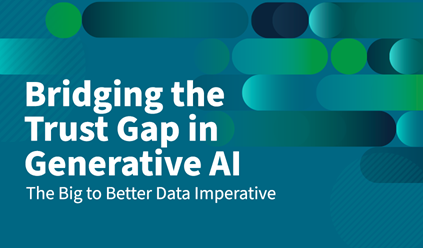
Adjust and compete: Data and AI’s evolving landscape presents important 2024 trends, powered by the need for big data to become better-trusted data. Presented by Dan Sommer, Senior Director, Market Intelligence at Qlik.
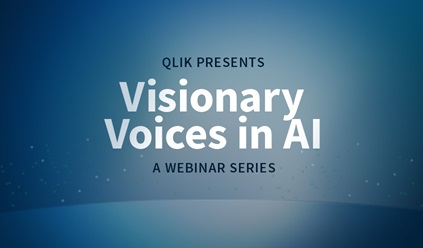
Heroes are made, not born. Join AI expert Ronald van Loon, and a panel of AI visionaries, for a fresh perspective on the reality of AI in data and analytics. Unmask the myths, dig into the details, and seize the AI moment.
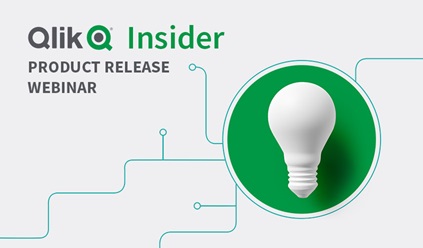
Join us for an exclusive session where we will showcase the cutting-edge advancements in our data and analytics portfolio.
39 Results
39 Results
-
On-Demand Webinar
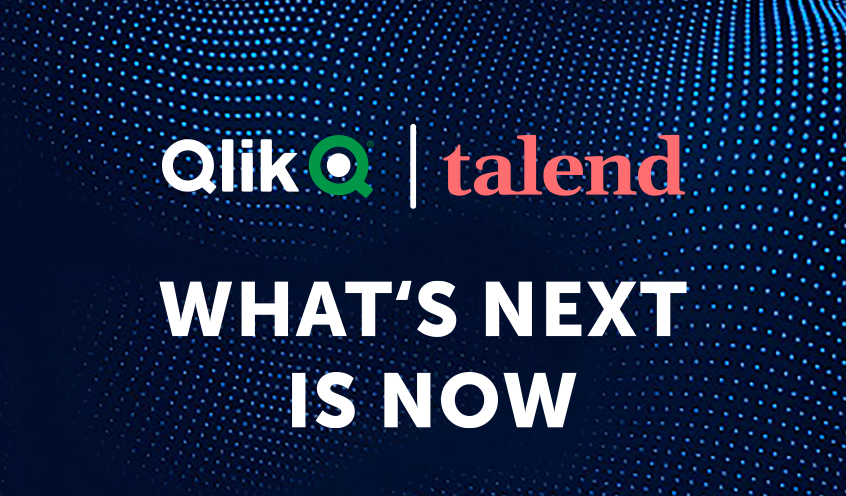 Join us to explore the exciting news that Qlik and Talend have officially joined forces. We'll discuss why this is the right time to bring together these two leaders, the immediate benefits, and a peek into the long-term strategy.
Join us to explore the exciting news that Qlik and Talend have officially joined forces. We'll discuss why this is the right time to bring together these two leaders, the immediate benefits, and a peek into the long-term strategy. -
On-Demand Webinar
 Learn from Persuit and Kyriba what's possible with Embedded Analytics, join the narrative and discover what's possible.
Learn from Persuit and Kyriba what's possible with Embedded Analytics, join the narrative and discover what's possible. -
On-Demand Webinar
 Join us as Andre Berlin, Ikano Bank's Business Intelligence Manager, shares the story of how his team supported the company's transformation with a cloud-first analytics strategy centered on self-service.
Join us as Andre Berlin, Ikano Bank's Business Intelligence Manager, shares the story of how his team supported the company's transformation with a cloud-first analytics strategy centered on self-service. -
On-Demand Webinar
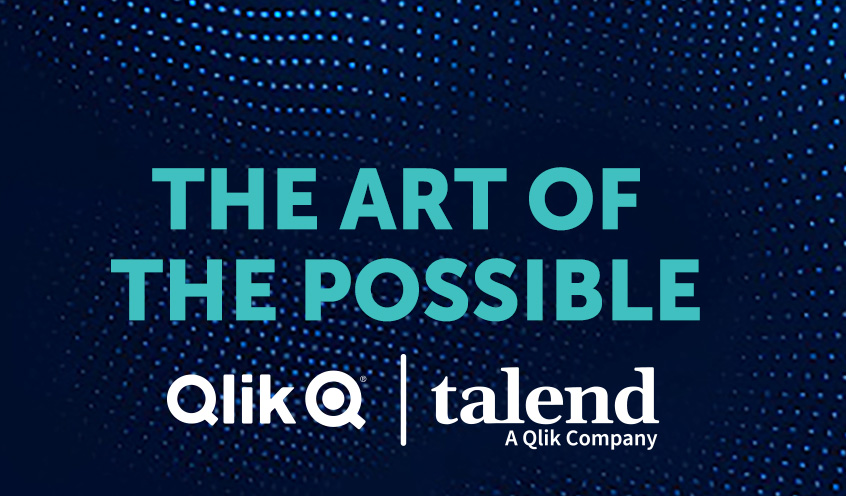 In this webinar, learn how to unlock the full potential of your data, streamline operations, and empower your business users with actionable insights. Don't miss out on learning how to turn your data into a strategic asset.
In this webinar, learn how to unlock the full potential of your data, streamline operations, and empower your business users with actionable insights. Don't miss out on learning how to turn your data into a strategic asset. -
On-Demand Webinar
 Watch now and explore how Qlik Cloud Data Integration can transform your data onboarding by Qlik Replicate, Stitch or other third-party data loaders using custom SQL and lightweight transforms into conformed and consumable data within data lakes, data warehouses, or lake houses.
Watch now and explore how Qlik Cloud Data Integration can transform your data onboarding by Qlik Replicate, Stitch or other third-party data loaders using custom SQL and lightweight transforms into conformed and consumable data within data lakes, data warehouses, or lake houses. -
On-Demand Webinar
 Join Mike Tarallo on July 19 as he guides you through creating write-back solutions using RDBMS and even a CRM for the example use case for Sales Operations.
Join Mike Tarallo on July 19 as he guides you through creating write-back solutions using RDBMS and even a CRM for the example use case for Sales Operations. -
On-Demand Webinar
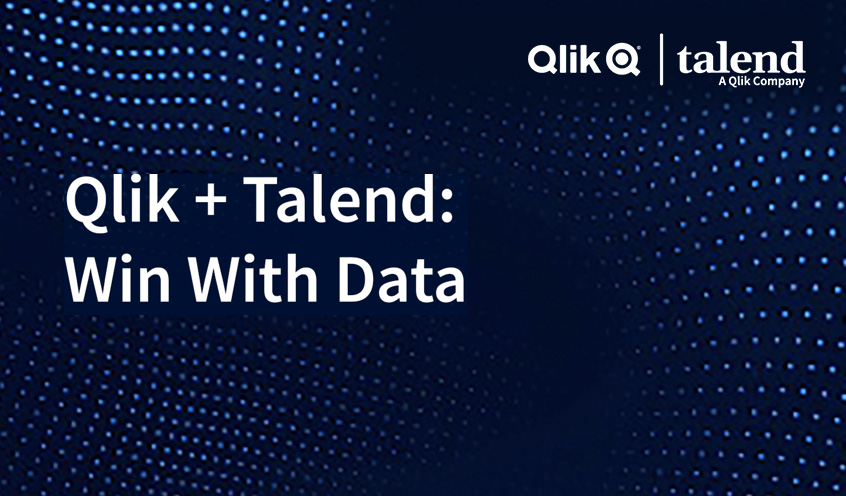 We don't just follow the trends; we set them. Join us to hear about the latest innovations in the data integration and analytics industry.
We don't just follow the trends; we set them. Join us to hear about the latest innovations in the data integration and analytics industry. -
On-Demand Webinar
 In this webinar, industry experts from TDWI, Databricks, and Qlik will guide you through the challenges and solutions for real-time data integration into Data Lakes. You'll discover how modern platforms like cloud data Lakehouses can unify organization's data, ensuring governance and availability for powerful analytics and AI. We'll address the complexities of real-time data integration, especially when dealing with legacy systems, SAP and mainframes.
In this webinar, industry experts from TDWI, Databricks, and Qlik will guide you through the challenges and solutions for real-time data integration into Data Lakes. You'll discover how modern platforms like cloud data Lakehouses can unify organization's data, ensuring governance and availability for powerful analytics and AI. We'll address the complexities of real-time data integration, especially when dealing with legacy systems, SAP and mainframes. -
On-Demand Webinar

Join this exciting webinar on the 19th of September where Informatec will demonstrate the revolutionary capabilities of iVIEW Library, the ultimate tool for seamless integration and content management in your Qlik environment. Don't miss out on this opportunity to connect with experts in the field. Register now and save the date for this global event!
-
On-Demand Webinar
 Join us for the next Do More with Qlik session, where we will be featuring Insight Advisor – our intelligent AI-assistant in Qlik Sense.
Join us for the next Do More with Qlik session, where we will be featuring Insight Advisor – our intelligent AI-assistant in Qlik Sense. -
On-Demand Webinar
 Welcome to Fiplana - the breakthrough financial planning platform that takes your business planning to the next level! We are proud to present our solution of smart and simple financial planning and would like to invite you to our exclusive webinar. Let's break through the data silos of individual departments together and merge them to enable fast, efficient and collaborative planning.
Welcome to Fiplana - the breakthrough financial planning platform that takes your business planning to the next level! We are proud to present our solution of smart and simple financial planning and would like to invite you to our exclusive webinar. Let's break through the data silos of individual departments together and merge them to enable fast, efficient and collaborative planning. -
On-Demand Webinar
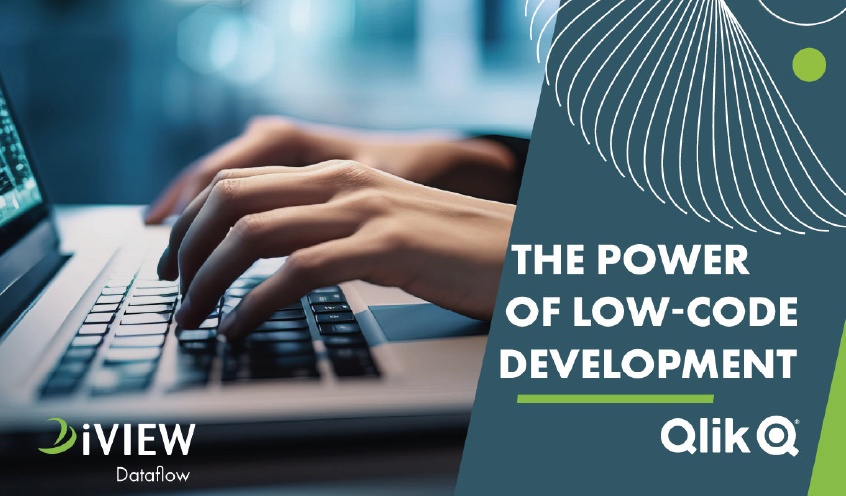 Informatec welcomes you to explore the practicality and effectiveness of iVIEW Dataflow. This webinar is an opportunity to witness how iVIEW Dataflow can become an invaluable asset in your Qlik journey. Engage with our industry experts and discover insights that can reshape your data management approach for your clients. For additional information, please visit iview.io and gain clarity in data management with iVIEW Dataflow.
Informatec welcomes you to explore the practicality and effectiveness of iVIEW Dataflow. This webinar is an opportunity to witness how iVIEW Dataflow can become an invaluable asset in your Qlik journey. Engage with our industry experts and discover insights that can reshape your data management approach for your clients. For additional information, please visit iview.io and gain clarity in data management with iVIEW Dataflow.
